BSC’s Dr. Louanne Jacobs on what it truly means to promote diversity in the classroom
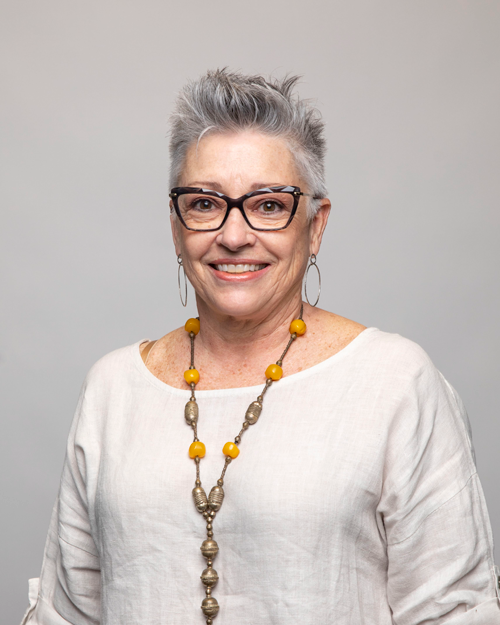
Dr. Louanne Jacobs, Associate Professor of Education at Birmingham-Southern College, received the Diversity in the Classroom Award at this year’s Honors Day ceremony. This award is a special new addition to Honors Day and the recipient is nominated by students.
Dr. Jacobs, who has taught at BSC for 15 years, has over two decades of experience in K-12 public education. She’s served as a school-level reading specialist and a regional reading specialist. She also served as the Director of the Alabama A&M/UAH Regional In-service Center. She has taught at both the undergraduate and graduate level and supervised doctoral research.
We caught up with Dr. Jacobs recently to find out how she promotes diversity in her classroom and connects with her students along the way.
You’re very popular with your students. What do you think helps you connect with them?
I find them really interesting and I like them. I really enjoy what I teach but I really enjoy the students who take my courses as well. I had a principal who told us on one of the very first days of us getting together as a faculty, ‘I hired people who were competent in their content and who were also incredibly interested in the people that they were going to teach.’ And I’ve never lost that advice to be both interested in your content and interested in the people who were learning your content.
How do you define diversity?
When I think about diversity, I don’t just think about racial diversity, which is the easy one to go to. I’m a first-generation college graduate. I grew up in Clay. It’s not so rural now. But it when I grew up there, it was very rural. It’s not that I grew up poor, but I grew up in a household that did not have the kinds of advantages that some others did. So diversity is access and inclusion and opportunities.
It’s not just those people who have been historically marginalized. Although, that is incredibly important in my classroom. I’m teaching a new course that’s about representation in children’s literature. Some students in the course said that it was the first time that they had read books that had their faces in it, or their experiences. My role is being inclusive and respectful and affirming and engaging.
I try to really embrace Rudine Sims Bishop’s idea of ‘windows and mirrors.’ All children — all people — should have opportunities to not only see themselves in the text that they read and the experiences that they have inside the classroom, but they should be able to see windows into other worlds and other opportunities too.
What are some things that you believe educators can do to make sure that students of diverse backgrounds feel comfortable in their classrooms?
I think the first thing is to not make assumptions that everyone’s experience has been your experience. I think another thing is to ask: what do you need? How do you best learn? What can I do? And then give students opportunities to talk with one another, rather than just a lecture.
And I think that’s something that we do at Birmingham-Southern across the board really well is give students an opportunity to engage with one another, around a text or around an experiment or around whatever content that we’re teaching. Give students an opportunity to have conversation so we’re not talking about my experience, we’re talking about an experience.
In addition to the things you do to promote diversity, what do you think are the keys to being an effective educator?
I think you’ve got to know your content really well. But I think also it’s recognizing that I’m teaching content to human beings. And as far as being effective, I think, finding lots of different entry points into a particular topic, lots of different ways for students to access content.
What role do you feel confidence plays in being an effective educator?
I think you definitely have to embody an air of confidence in that I know this content. But when I don’t, I’ll tell you that I don’t. Confidence is not arrogance.
How do you instill confidence in your students?
Creating opportunities for students to be successful in the classroom builds confidence. But also help them to understand that that failure is a good thing.
We’ve sometimes done a disservice in K-12, that we’ve given students lots of grades and stickers and stars and – yes, of course, grades mean something. But we need to help them to understand that the object of the game is not to get the sticker and the star and the grade. The object of the game is to learn something and to learn about yourself. Ten or 20 years from now nobody’s going to remember what grade they made in that class, but they are going to remember how they learned how to problem solve.



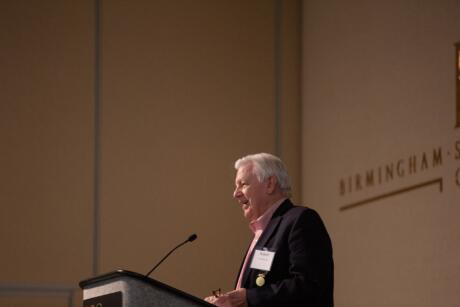
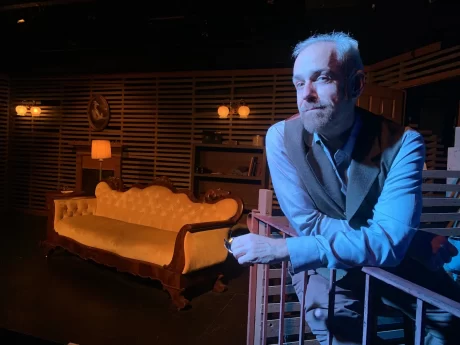
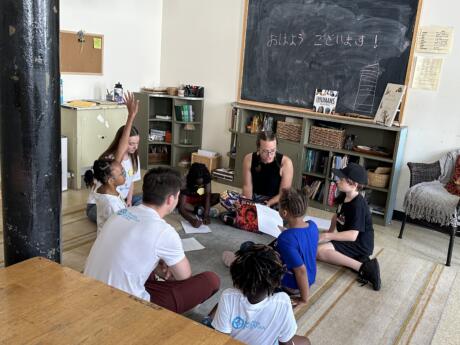
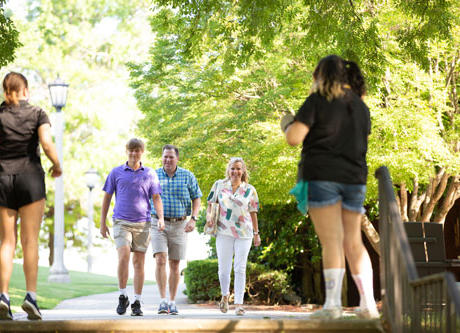
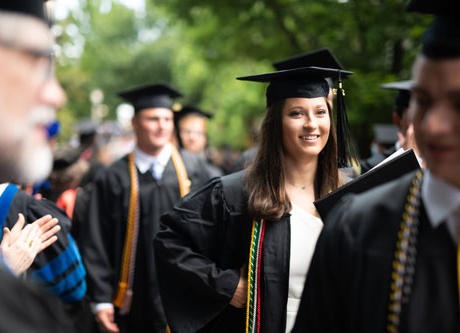

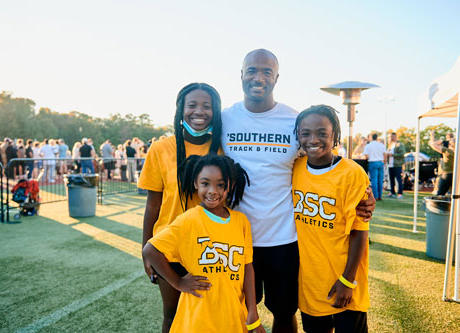
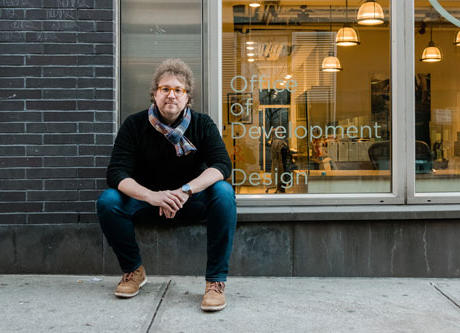
// Comments are closed //